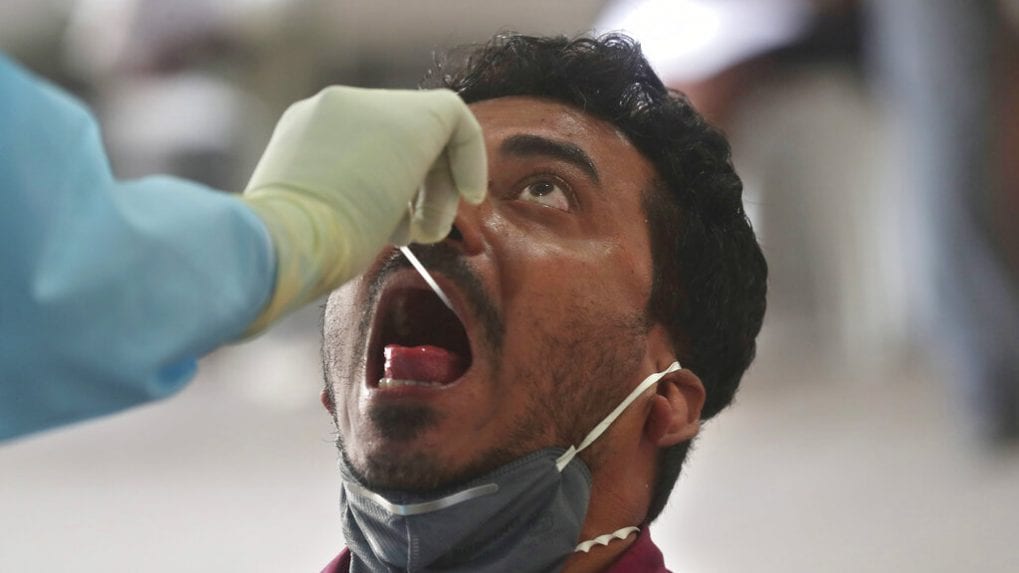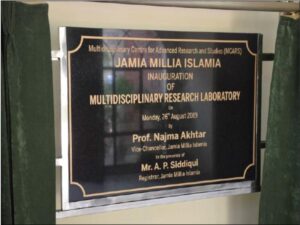Amid nationwide reports apropos of reopening the educational institutions, an easier yet feasible technology to determine Coronavirus is a prerequisite. A team of scientists at the Multidisciplinary Centre for Advanced Research and Studies (MCARS) in JMI University have developed an RNA extraction free saliva-based detection technology for Covid-19.
To set about the testing process, all a person has to do is to put their saliva-sample into the kit and wait for an hour to perceive the results. As per the researchers, there are further plans to link the testing device with a mobile application to provide utility to the users to receive results directly on their smartphones, just in case the results couldn’t be inferred via the kit directly.

MI-SEHAT (Mobile Integrated Sensitive Estimation and High-specificity Application for Testing) is the name given to the newly developed detection technology. MI-SEHAT can be used as a point of care (POC) device for COVID-19 detection in the field while allowing an at-home testing provision.
“At a time when the rapid diagnosis of Covid-19 remains the most-effective measure to contain and manage the viral spread, rapid testing of SARS-CoV-2 RNA is crucial. However, the available standalone or integrated PCR-based detection kit remains confined to the sophisticated instrumental diagnostic laboratory setup and takes a minimum of two to three hours in providing the result with the need for error-prone RNA extraction step,” pronounced Dr Mohan C Joshi while explaining about the new technology. Dr Joshi is also one of the co-developers of the testing kit.
Nonetheless, Dr Joshi added that MI-SEHAT is a smartphone-enabled POC prototype that has been developed and validated using synthetic SARS-CoV-2 RNA. The following device is capable of displaying results within an hour without the mediation of a technical expert. In such difficult times, it remains the gold standard of rapid testing.

A provisional application has also been submitted by the team of researchers at the Intellectual Property India Office to acquire the patent of the new technology.
“MI-SEHAT is a true example of smart innovation and reflects the true spirit of Atmanirbhar Bharat. Being a user-friendly technology, MI-SEHAT will encourage home testing thus will restrict interaction and movement of Covid-19 positive patients outside the home. Further, it will reduce exposure of our healthcare professionals to Covid-19 positive patients who are directly or indirectly engaged in testing,” said JMI Vice-Chancellor Prof Najma Akhtar.
Other than Dr Mohan C Joshi, the JMI MCARS team also included Dr Jawed Iqbal and Dr Tanveer Ahmad. Dr Gagan Deep from Jhingan, CEO of Valerian Chem Ltd and Dr Rohit Kumar from Safdarjung Hospital collaborated in the project.




